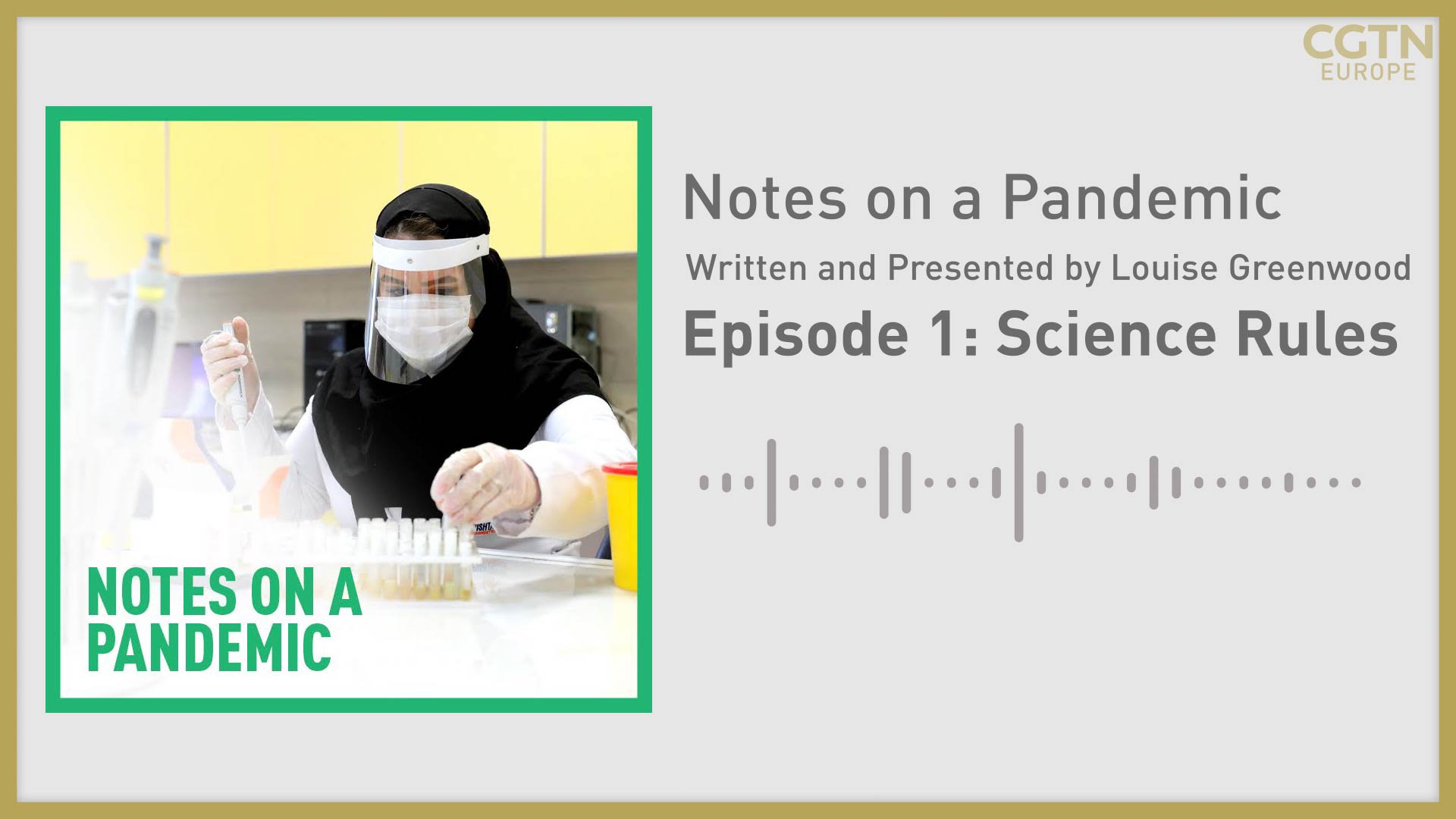16:44

Since the first case of COVID-19 was reported in the Chinese city of Wuhan late last year, the focus of the world's medical community has been on finding an effective treatment in the fastest possible time.
Leaders in pharmaceutical research, working at breakneck speed, have predicted that a vaccine prototype may be ready in September.
Half a year on, however, a more cautionary tone is emerging.
"This virus may never go away" warned Michael Ryan, of the World Health Organization, in May.
"It may become just another endemic virus in our communities. HIV has not gone away… and I am not comparing the two diseases, but I think it is important that we be realistic."

Michael Ryan, the head of WHO Health Emergencies Programme, at a press conference discussing COVID-19. /AFP/ Fabrice Coffrini
Michael Ryan, the head of WHO Health Emergencies Programme, at a press conference discussing COVID-19. /AFP/ Fabrice Coffrini
Producing a vaccine for COVID-19 is not the only issue facing the international pharmaceutical industry.
"It's a huge challenge to manufacture sufficient vaccines to be able to protect the world's population," Jonathan Ball, professor of molecular virology at the University of Nottingham, told CGTN Europe.
"It's also a challenge for logistics in how fast and how rapidly can you develop and manufacture the vaccines as well as distribute them."
Despite calls for collaboration in the hunt for an effective and affordable treatment, problems are emerging.
The race for a vaccine has left the pharmaceutical sector under pressure as never before, from both public and private health providers and from politicians, who are moving fast to secure supplies for their own populations.
"I think what we see is that ... everybody wants to see that their own citizens are protected," Thomas Cueni, the director general of the International Federation of Pharmaceutical Manufacturers in Geneva, told CGTN Europe.
"But … the reason I am optimistic is the European Commission was leading the global solidarity call, together with philanthropic organizations … and therefore notwithstanding that we do have a strong signal of nationalism, we at the same time have the combination with this call for solidarity."

Different European organizations are hopeful that a viable vaccine will be in production by the end of the year. /AFP/ Douglas Magno
Different European organizations are hopeful that a viable vaccine will be in production by the end of the year. /AFP/ Douglas Magno
In the first episode of Notes on a Pandemic, we look at the scientific and medical response to the virus.
We examine how the hunt for a COVID-19 vaccine has affected the response by the international pharmaceutical industry.
And we speak to healthcare workers who, seven years ago, were on the front line in the fight against Ebola in West Africa and we ask if lessons from previous pandemics have prepared the world for this one?
Click here to subscribe.
Presenter: Louise Greenwood. Production assistant: Katherine Berjikian. Audio editing: Terry Wilson. Video editing: James Sandifer.